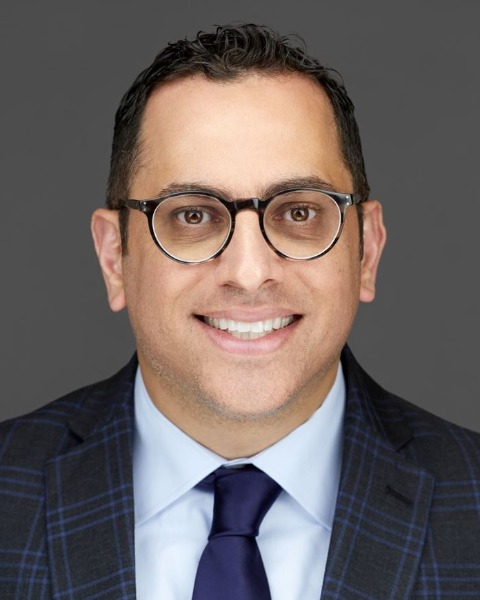Reconstruction (includes Bone & Biomaterials and Soft Tissue)
OMS and Other Dental Specialists
Session: How I Do It
SS04 - Biological Substitutes in Oral Mucosal Reconstruction
Saturday, September 14, 2024
8:00 AM - 8:10 AM EDT
Location: W224EF, Orange County Convention Center

Rabie M. Shanti, DMD, MD
Director of the Oral and Maxillofacial Surgery Residency Training Program
Rutgers School of Dental Medicine
Newark, New Jersey
Speaker(s)
Cutaneous and mucosal defects of the head and neck can be reconstructed through a variety of techniques ranging from primary closure to free tissue transfer flaps. Since their inception, biological substitutes have become much more robust, and as a result play an important role in the reconstruction of soft-tissue defects following tumor extirpation. The session will address cutting-edge biological substitutes available for the reconstruction of oral cavity mucosal defects.
Learning Objectives:
At the conclusion of this presentation, participants should be able to:
- Discuss the array of biological substitutes available for oral mucosal reconstruction.
- Explain how to secure and stabilize these biological substitutes within the oral cavity.
- Analyze the advantages of the biological and physical features of these grafts.
- Evaluate the indications and limitations of biological substitutes in oral mucosal reconstruction.
- Discuss the recovery of patients who have undergone reconstruction of an oral mucosal defect utilizing a biological substitute.
